
This information guide highlights the ways local governments impact the mental wellness of children and youth and describes the roles, assets, and mechanisms within local governments that promote well-being for this age group. The guide includes research, examples, and resources to inform and inspire the strengthening of local governments’ awareness of how they impact these citizens and how to support action in this realm for optimal social outcomes.
Introduction
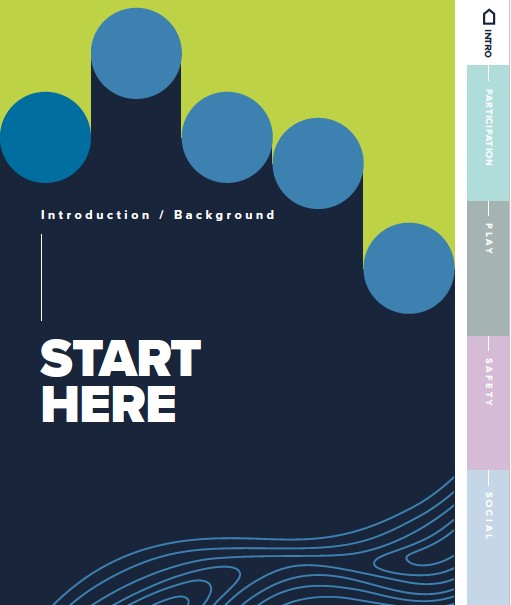
The introduction section in the guide gives a brief overview of how local governments influence the mental well-being of children and youth within their scope and existing mechanisms, how local governments benefit from this, the critical role of quality adults in young people’s lives and the importance of reducing disparities.
Given that all local governments have different resources and work within different contexts, there is also a section on “where to start” to provide those at the beginning of this journey suggestions for where to put their initial focus, as well as to remind those in the midst of the journey of some key foundational components that are needed to ensure the most effective outcomes.
Protective Factors:
The four Protective Factor sections in this guide look at factors that promote child and youth mental wellness, focusing on realms that local governments significantly influence and realms that were either negatively impacted by the COVID-19 pandemic or highlighted during the pandemic as particularly strong protectors of young people’s well-being.
Download the full document here and navigate to each protective factor by clicking on the tabs along the right-hand side. If you are interested in one protective factor in particular, you can access each one individually below:
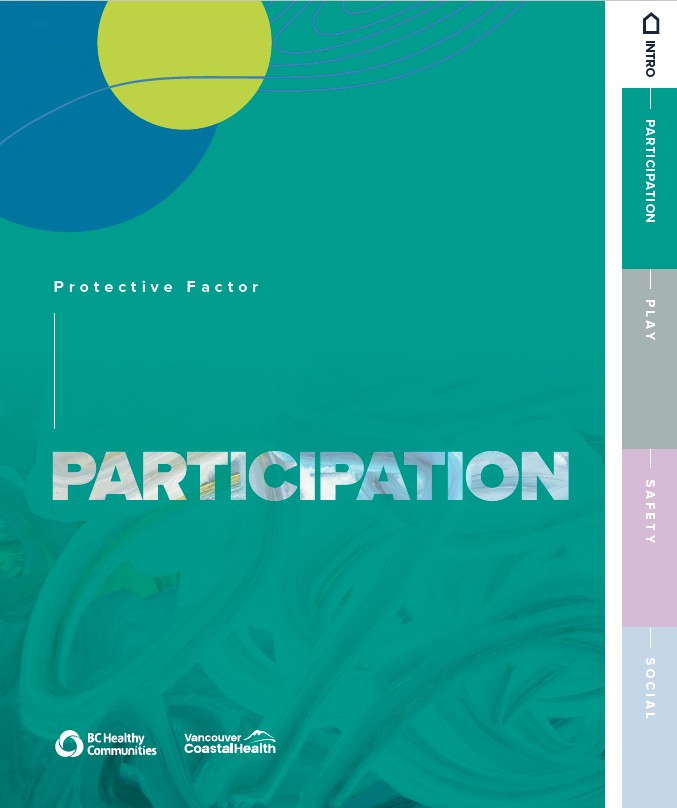
Participation
When children are given opportunities to participate, they feel a sense of belonging and agency; and, that they are part of something bigger than themselves. They also gain skills that allow for more meaningful contributions to society. Local governments can create welcoming and inclusive environments that include children and youth in planning, decision-making, and governance, offering volunteer and employment opportunities and ensuring that government communications engage all ages.
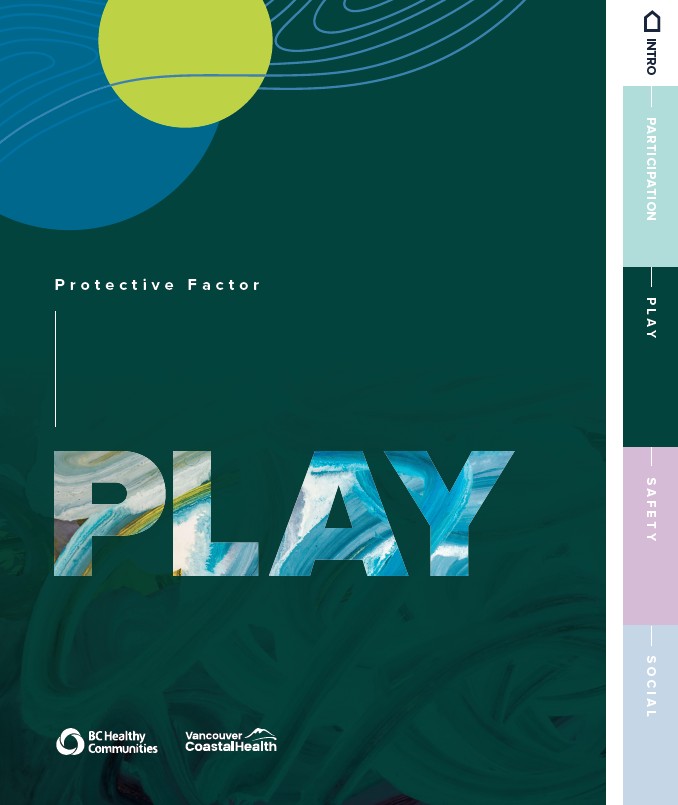
Play
Play is essential for child development. It promotes mental well-being through brain development, stress relief, physical activity, and time outdoors. Local governments can create and maintain spaces and provide opportunities for all kinds of play – and not just in typical designated play places and programs.
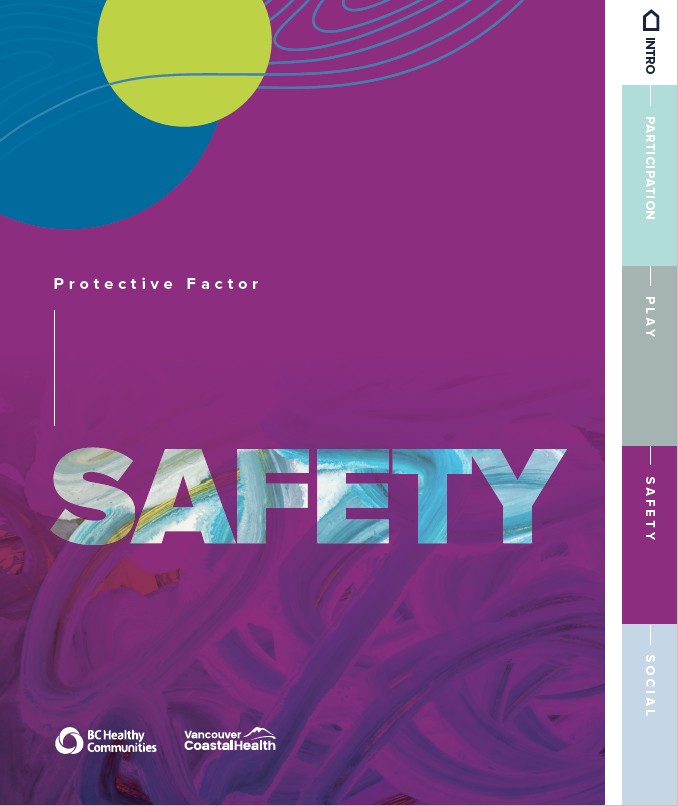
Safety
Safety includes both actual and perceived physical, psychological, and social safety experienced at home, school, and in community. Local governments can work towards creating public areas that are safe for children and youth while also implementing policies that respond to larger societal threats like racism, discrimination, poverty, inequality, and climate change.
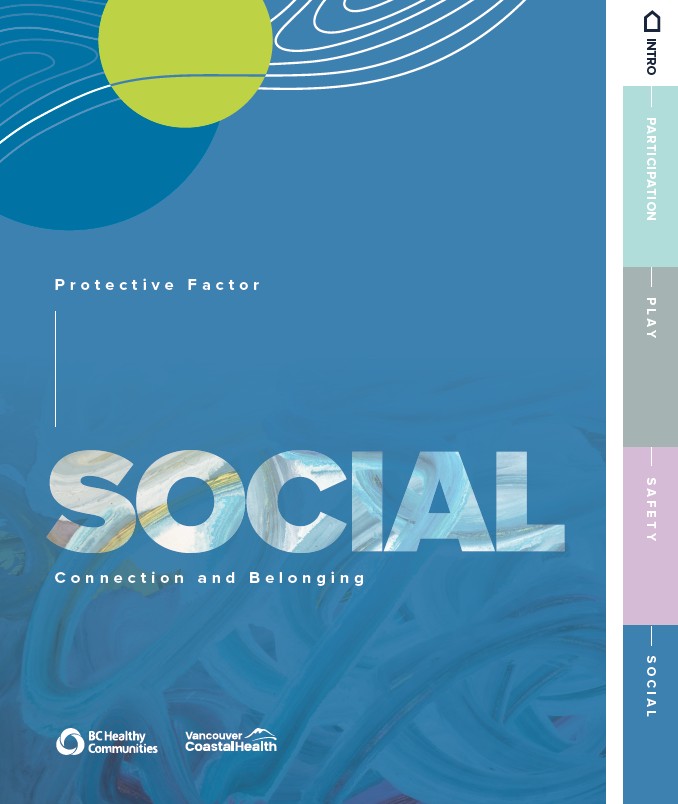
Social connection and belonging
Relationships are one of the strongest predictors of children’s well-being throughout life. Studies have also found that a strong sense of belonging is associated with high self-rated mental health, even when controlling for geography and socio-economic status. Local governments can strengthen social connectedness and belonging for young people through initiatives that enable neighbourhood social cohesion, create social connections with adults in the community, socially sustainable urban design, and written and visual communications that represent and speak to all ages.
What? Why? How?
Each of these documents/tabs will explore the “what,” “why,” and “how” of each protective factor. The “how” is meant to stimulate thought and discussion and provide inspiration rather than prescribing actions. Actions taken by local governments are dependent on their local context and on their priority issues, opportunities, available assets, and what has been tried in the past.
Questions?
Contact:
Lianne Carley, Senior Policy Lead, Vancouver Coastal Health:
lianne.carley@vch.ca
Or BC Healthy Communities:
bchc@bchealthycommunities.ca
Info Session
To learn more about the guides, groups (e.g., municipal governments, organizations, etc.) may also request to set up 60-minute information/discussion sessions by contacting bchc@bchealthycommunities.ca
